LOBSTER CLAW & BUBBLE NEBULA
The LOBSTER CLAW (SH2-157) & BUBBLE NEBULA (SH2-162), or Sharpless 157 (Sh2-157), is an emission nebula, around 12,000 light-years from Earth between the Cassiopeia and Cepheus constellations. There are several interesting features in this nebula rich region, including the Bubble Nebula, NGC 7635 (or Sh2-162), a HII region emission nebula which lies in a surrounding shell, and excited by the star SAO 20575. Also in the frame are the Wolf-Rayet massive star WR 157, two large open clusters of stars NGC 7510 and NGC 7654, and the nebula NGC 7538, which is home to the largest yet discovered protostar, 300 times the size of our solar system!
This image was captured over the span of a week totaling 14.2 hours in narrowband. Each filter was mapped to the Hubble Palette.
OTA: William Optics GT81 using 0.8x Flat6A-81 reducer
Mount: Celestron CGX-L
Camera: ZWO ASI294MM Pro
Gain: 100
Night 1
3nm Sii 22x600s
3.7 hours
Night 2
7nm Oiii 30x600s
5 hours
Night 3
3nm Ha 22x900s
5.5 hours
14.2 hours total
Cooling Temperature: -10 Celsius
Auto-guiding: ZWO ASI174MM Mini and ZWO M48 OAG
Control: ZWO ASIAIR Pro
Flagstaff, AZ - Bortle 4 skies
Calibrated in Astro Pixel Processor with darks and flats
Processed in Pixinsight and Lightroom
Copyright: Copyright: Drew Evans
AAPOD2 Title: LOBSTER CLAW & BUBBLE NEBULA
AAPOD2 Page Link: https://www.aapod2.com/blog/lobster-claw-amp-bubble-nebula
Submit Your Photo!


